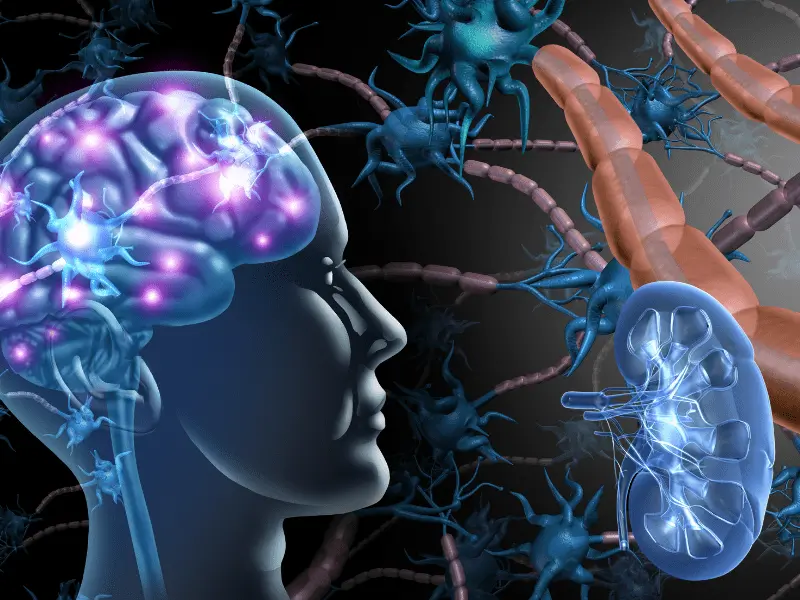Multiple sclerosis is an autoimmune disease that impacts the central nervous system, including the brain, spinal cord, and optic nerves. This condition can give rise to a diverse array of symptoms throughout the body.
Experts attribute multiple sclerosis to a combination of post-infectious, genetic, and environmental factors, with no singular specific cause identified in all cases. Potential triggers for MS may include:
Exposure to certain bacteria or viruses Environmental factors
Understanding the Functioning of Your Immune System: Multiple sclerosis is classified as an autoimmune disorder.
Researchers are actively investigating the factors that lead immune cells in certain individuals to mistakenly attack healthy cells, seeking to uncover the underlying causes of such occurrences.
Gene Mutations: The likelihood of developing MS is elevated when there is a family history or a relative with the condition.
Vision issues — like optic neuritis (haziness and pain in one eye) — is one of the main symptoms. Other common manifestations include:
A definitive cure for MS remains elusive. Treatment for Multiple Sclerosis in KPHB Colony & Kompally, administered by top neurologists in KPHB Colony & Kompally, focuses on minimizing relapses (periods of worsening symptoms) and enhancing the overall quality of life.
There is no complete cure for MS. Treatment is aimed at reducing the relapses (periods when manifestations deteriorate) and imprroving the quality of life .
Visit Multiple sclerosis hospital in KPHB Colony & Kompally get the treatment from Dr. Uday Goutam is best neurosurgeon specialist in KPHB Colony & Kompally.
 Multiple Sclerosis
Multiple Sclerosis
© Goutam Neuro Care. All Rights Reserviced. Developed & Digital Marketing by DGTAL HEALTHCARE MARKETING AGENCY